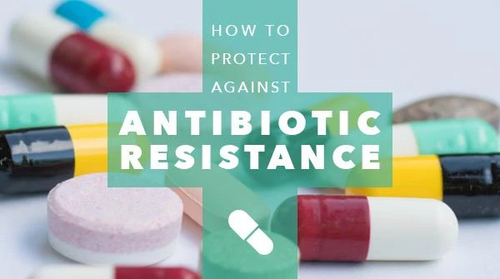Cholesterol doesn’t deserve the bad reputation that it has, it is actually essential for life. Your body needs it to build hormones, build cell walls and many other things. However it is important to keep your cholesterol levels in check to greatly reduce your chances of having a heart attack or stroke.
Here are seven ways to naturally reduce cholesterol levels:
#1. Manage stressors
Stress can affect our bodies in many ways, and our cardiovascular system is no exception. Our reaction and responses to situations can throw our internal chemistry out of balance, which in turn can contribute to heart problems.
Research has revealed that men with the lowest hostility levels—as measured by a questionnaire on coping strategies—showed better cholesterol levels than their more reactive and stressed peers. The lesson here is to think before you react, and take the time to regroup and cool down.
#2. Move
Exercise is a great way to reduce stress and improve your cardiovascular health and well-being. Physical activity helps your heart become stronger and helps to reduce cholesterol levels and manage blood pressure.
#3. Be mindful of what you eat
Counting calories is not fun, but those tasty guys can creep up on us and can add unwanted pounds. One way to increase your lifespan is to be mindful of what you are eating, Healthy eating helps reduce cholesterol levels. Being mindful of portion size, and taking a high-quality multi-vitamin every day can help keep you nutritionally covered.
#4. Watch the saturated fat
For years fats have been demonized and people have been trying to avoid consuming them however, that theory has been proven wrong, and for good reason. The culprit in it all is saturated fat, the kind (such as lard) that stays solid at room temperature. Healthy unsaturated fats (like the kinds found in olive oil and avocados) are beneficial for the heart. Fish are particularly rich in healthy fats. Cold-water fish (like salmon) contain healthy omega-3 fatty acids and have been found to fight against artery-harming inflammation whilst helping reduce dangerous blood clots and irregular heartbeats.
#5. Eat the rainbow
Arm your body with the power of plants by filling up on a colorful mix of fruits and vegetables. No matter what your preferences are, adding more color to your diet is good for your heart.
Phytonutrients in plants not only give fruits and vegetables their brilliant colors but offer our bodies a host of health benefits. If you are finding it hard to get them all in, try taking supplements with whole-food concentrates that can provide phytonutrient insurance.
#6. Smart supplements
What about supplements? Are they good? Which ones do I take? Think of supplements as reinforcements and back up for our bodies that boost our immunity and support a healthy lifestyle. Common ones (like garlic and green tea) are linked to reducing the risk of heart disease, whereas vitamin E is known as a key antioxidant. Others include: plant sterols, which may help reduce cholesterol absorption; and spirulina and red yeast rice, which even out your cholesterol levels.
#7. Fibre is king
Fibre not only keeps your digestion regular, but the soluble kind (such as the beta glucans found in oats) helps filter out excess cholesterol. Eating a fiber-rich diet also fills you up, which in turn manages body fat, which is itself a threat to cardiovascular health.
Managing your cholesterol can put you on a heart-healthy track to health and longevity. Support your heart healthy lifestyle today with Natures Plus® multi-vitamins
**These statements have not been evaluated by the Food and Drug Administration. This product is not intended to diagnose, treat, cure or prevent any disease.



